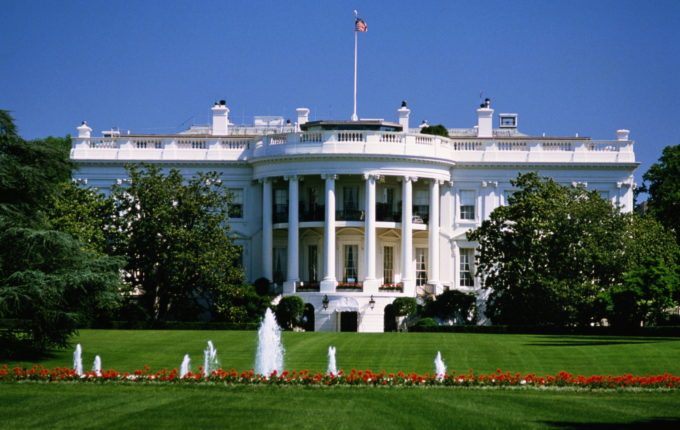 First and foremost, congratulations to Ray Starling on being named Special Assistant to the President for Agriculture, Trade and Food Assistance. NC Farm Bureau President Larry Wooten said it best, “This appointment sends a clear message that the White House is serious about addressing the needs of American farmers and rural communities, and I believe Ray Starling has the knowledge, experience, and vision to be a strong advocate for American agriculture.”
First and foremost, congratulations to Ray Starling on being named Special Assistant to the President for Agriculture, Trade and Food Assistance. NC Farm Bureau President Larry Wooten said it best, “This appointment sends a clear message that the White House is serious about addressing the needs of American farmers and rural communities, and I believe Ray Starling has the knowledge, experience, and vision to be a strong advocate for American agriculture.”
Wooten added, “Having grown up on a farm in Eastern North Carolina, Ray has a deep and personal understanding of what our farmers are experiencing and what they need to grow and succeed. Combined with his extensive knowledge of agriculture policy, Ray has proven to be an invaluable asset in supporting farmers and growing North Carolina agriculture.”
Now that he has been appointed, what will he do?
Starling’s new role as Special Assistant to the President for Agriculture, Trade, and Food Assistance is housed within the National Economic Council (NEC) and was created by President Bill Clinton in 1993 just days after he was sworn in as President. The primary functions of the NEC are best described in President Clinton’s Executive Order: (1) to coordinate the economic policy-making process with respect to domestic and international economic issues; (2) to coordinate economic policy advice to the President; (3) to ensure that economic policy decisions and programs are consistent with the President’s stated goals, and to ensure that those goals are being effectively pursued; and (4) to monitor implementation of the President’s economic policy agenda.
What positions comprise the NEC?
The NEC comprises the: President, who shall serve as Chairman of the Council, Vice President, Secretary of State, Secretary of the Treasury, Secretary of Agriculture, Secretary of Commerce, Secretary of Labor, Secretary of Housing and Urban Development, Secretary of Transportation, Secretary of Energy, Administrator of the Environmental Protection Agency, Chair of the Council of Economic Advisers, Director of the Office of Management and Budget, United States Trade Representative, Assistant to the President for Economic Policy, Assistant to the President for Domestic Policy, National Security Adviser and Assistant to the President for Science and Technology Policy.
To dive in a little deeper, here’s a great explanation by Charles Blahous who is the Mercatus Center’s (George Mason University) Director of Spending and Budget Initiative of the NEC Director’s role and how Ray Starling’s new position as Special Assistant fits into the mix:
“The NEC Director is vital because that individual essentially has the job of facilitating all of the president’s economic policy decisions. This critical NEC role is generally less visible in the press than certain others, in part because the job is not subject to Senate confirmation and in part because the NEC interfaces with the president rather than with the public as economic policies are implemented. Cabinet-level positions such as the Secretary of the Treasury and the Director of the Office of Management and Budget (OMB) are every bit as important as commonly portrayed, both as economic policy developers and later implementers. But it is the NEC that actually runs the president’s economic decision process, with those other advisors acting as participants. Typically, the NEC consists of a Director, a Deputy Director and roughly a half-dozen Special Assistants, each advising the president on a different portion of the economic policy portfolio.”
Hopefully, this helps explain just how important Ray Starling’s appointment is for agriculture and the White House could not have picked a better advocate for agriculture. As Larry Wooten said, “NC Farm Bureau has had the privilege of working with Ray Starling for many years and we have always found Ray to be a steadfast supporter of North Carolina farmers. We look forward to working with Ray in his new role and congratulate him on this tremendous honor.”

